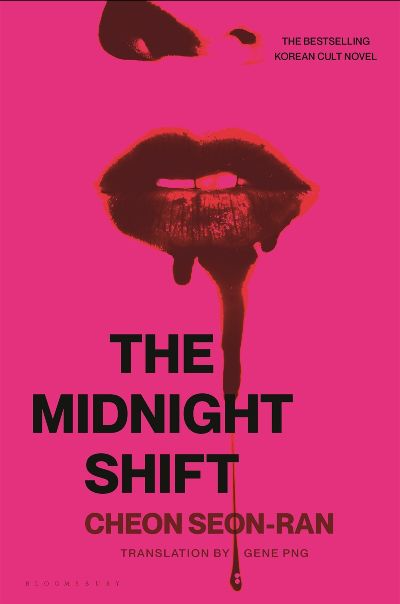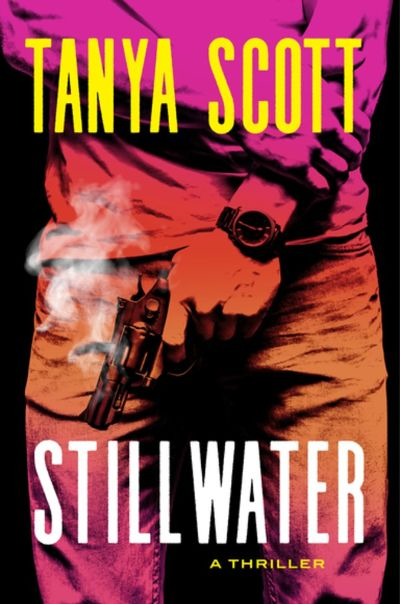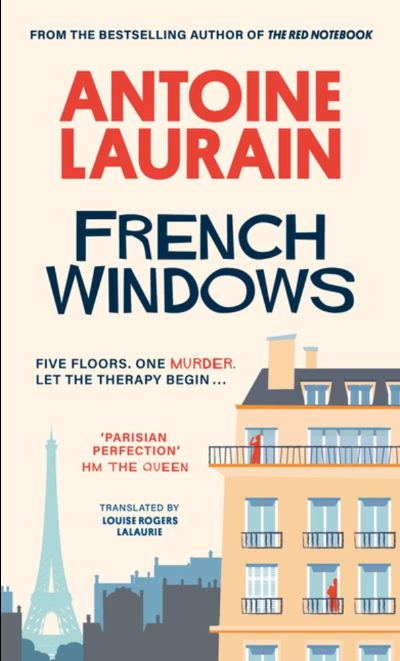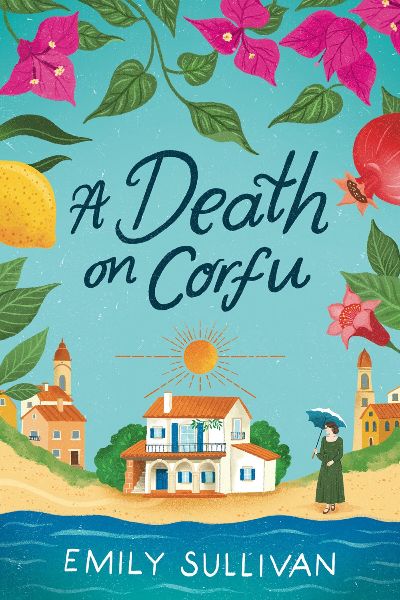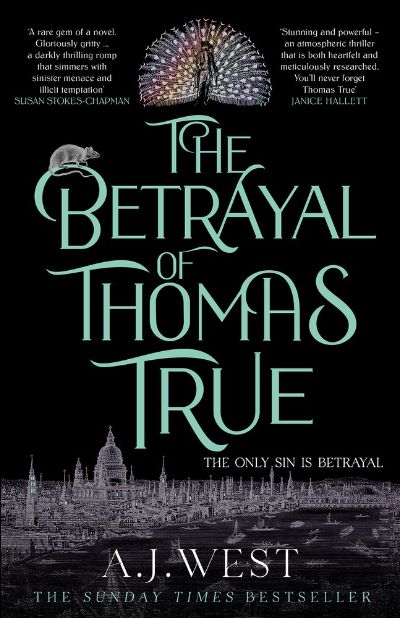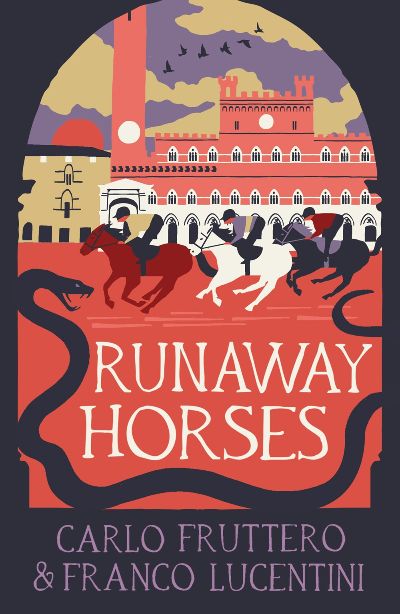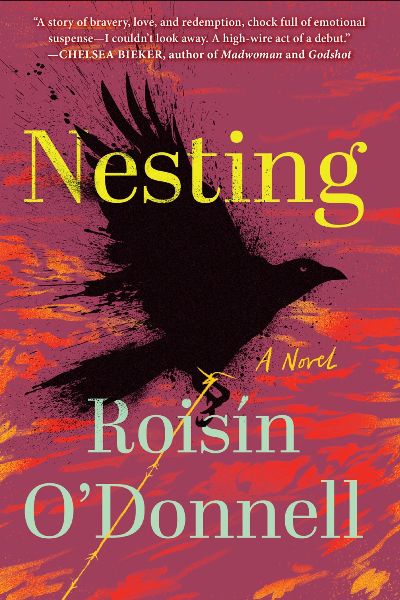Fierce love from her grandmother and friendship with sweet sidekick Martin is barely enough to keep lonely Janey going. Her parents and older sister died in a Glasgow council-flat gas explosion. Granny’s doing her best ever since, but 12-year-old Janey is again pushed to the emotional brink when she finds the dead body of a young woman, Samantha, when walking badly behaved, marvelously named dog Sid Vicious. Janey did something—readers don’t know what—when she found the body, and she’s terrified that the police will find out. Still more terrifying is the local thug who’s the dead girl’s father, not to mention his violent minions who seem to show up everywhere Janey goes. There’s a glossary at book’s end explaining Glaswegian slang that’s used throughout the book, but the usage is understandable in context. It creates an immersive, chilly atmosphere for Janey’s desperate digging into who the killer is and how to get back to quiet life with Granny, Sid Vicious, and goofy, funny Martin. Love and Janey’s innocence and smarts make this a novel to remember. It’s a gem on its own, but you can also use the book as a primer for Callum McSorley’s Glasgow-gritty Squeaky Clean.
© 2025 firstCLUE Reviews
Subscribe to our newsletter today!
![]()



